Water bodies near Ooty polluted by industrial effluents
Shantha Thiagarajan | TNN | Oct 5, 2017, 00:39 IST
Udhagamandalam: Pollution has been a perennial problem for Toda tribes living in 20-odd villages and residents of Valluvar Nagar in and around the Sandynallah area on the outskirts of Ooty as effluents from a nearby industrial unit are discharged into water bodies, including the Sandynallah river, the Pykara river and Kamarajar dam. After several petitions to the administration failed to yield any result, the Toda tribes approached an environmentalist, Siddharth Krishnan attached ATREE, an NGO.
A letter signed by the villagers sought his intervention in conducting a study on the pollution caused by the effluents discharged by Sterling Biotech Ltd at Sandynallah that manufactures gelatin.
Siddharth initiated a study under the project 'Living Spaces as Environmentally Unjust Public Goods; Pollution and the Asymmetrical Distribution of Physiological Ailment in Coastal-Urban and Hill Town in Tamil Nadu'.
The water samples collected by Siddharth from different places in Sandynallah showed high COD and ammonia-nitrogen levels. He told TOI, "Water samples were collected from four places such as the Sterling Biotech outlet channel, near the sheep farm and near Toda village Thorposh and down stream near the village. These were tested at ATREE water laboratory, which is an accredited lab."
Dr Priyanka Jamwal, who conducted the analysis, said extremely high conductivity levels in the samples indicate untreated wastewater discharge from industrial units nearby. High conductivity levels are also an indicator of the presence of trace metals. When this water is used for irrigating farms, trace metals tend to accumulate in crops and animal tissue, posing a risk to animal and human health.
Dr Jamwal said high COD and ammonia-nitrogen levels in the water samples indicate effluents that have high organic nitrogen content. For fish to survive in surface waters, the ammonia-N levels should not exceed 1.2 mg/l. Direct use of wastewater rich in N and P content for irrigation will also have a detrimental impact on soil and plant health.
"It is an alarming situation. The district administration should intervene to sort out the issue," said Siddharth. Armed with the analysis report, the Toda people and other local residents will soon call on Nilgiris collector seeking justice.
In the meantime, WWF also conducted a study on the quality of water in rivers in the Nilgiris. Water samples were collected from the Sandynallah area as part of their study. Samuel Thomas of WWF said Sterling Biotech Ltd, which manufactures gelatin for capsules from animal bones, is responsible for huge pollution in water resources in the region. "As per estimation done by our team, the gelatin manufacturing unit releases as much as 1 MLD of highly contaminated effluents to the environment."
Water samples collected by WWF were tested at the South India Textile Research Association (SITRA) chemical lab, a NABL accredited lab, according to Thomas. He pointed out that effluents were carried 2-3 km downstream into the Pykara lake. The drain passes through a few Toda hamlets.
C.Manoharan, factory manager, Sterling Biotech Ltd, Ooty branch, dismissed all allegations. "No toxic chemical is involved in our process. We are here for over four decades. Our byproduct 'di-calcium phosphate' is being fed to a-day-old chicks in poultries in and around the district. One of our products, 'Plasma Volume Expander', is a life saver and another is directly used as a blood substitute. And we mainly produce gelatine."
Manoharan asserted that the factory never violated norms prescribed by the Tamil Nadu Pollution Control Board. Over 500 families from nearby villages benefited directly and 1,000 families benefited indirectly from the factory.
P Asokan, district environmental engineer, TN Pollution Control Board, said the total dissolved solid (TDS) in the effluents discharged by the factory was within the limit. The effluents are treated at a treating plant in the factory and the discharge is fit for irrigation. "We do conduct periodical surprise checks and collect water samples from the discharged effluents for tests," Asokan told TOI.
In the past, several committees had been formed to test the water discharge, but nothing concrete emerged.
The factory was established in 1969 at Sandynallah, a tiny hamlet on the Ooty-Gudalur-Mysore highway. For many years, it was managed by Rallis India Ltd (Tata group) and is now managed by Sterling Biotech Ltd., a private firm. It was a pioneer in making edible and non-edible grade gelatin; the main raw material, among other things, is animal bones. The edible variety is being used for food and medicines and non-edible grades mostly for film coating.
A letter signed by the villagers sought his intervention in conducting a study on the pollution caused by the effluents discharged by Sterling Biotech Ltd at Sandynallah that manufactures gelatin.
Siddharth initiated a study under the project 'Living Spaces as Environmentally Unjust Public Goods; Pollution and the Asymmetrical Distribution of Physiological Ailment in Coastal-Urban and Hill Town in Tamil Nadu'.
The water samples collected by Siddharth from different places in Sandynallah showed high COD and ammonia-nitrogen levels. He told TOI, "Water samples were collected from four places such as the Sterling Biotech outlet channel, near the sheep farm and near Toda village Thorposh and down stream near the village. These were tested at ATREE water laboratory, which is an accredited lab."
Dr Priyanka Jamwal, who conducted the analysis, said extremely high conductivity levels in the samples indicate untreated wastewater discharge from industrial units nearby. High conductivity levels are also an indicator of the presence of trace metals. When this water is used for irrigating farms, trace metals tend to accumulate in crops and animal tissue, posing a risk to animal and human health.
Dr Jamwal said high COD and ammonia-nitrogen levels in the water samples indicate effluents that have high organic nitrogen content. For fish to survive in surface waters, the ammonia-N levels should not exceed 1.2 mg/l. Direct use of wastewater rich in N and P content for irrigation will also have a detrimental impact on soil and plant health.
"It is an alarming situation. The district administration should intervene to sort out the issue," said Siddharth. Armed with the analysis report, the Toda people and other local residents will soon call on Nilgiris collector seeking justice.
In the meantime, WWF also conducted a study on the quality of water in rivers in the Nilgiris. Water samples were collected from the Sandynallah area as part of their study. Samuel Thomas of WWF said Sterling Biotech Ltd, which manufactures gelatin for capsules from animal bones, is responsible for huge pollution in water resources in the region. "As per estimation done by our team, the gelatin manufacturing unit releases as much as 1 MLD of highly contaminated effluents to the environment."
Water samples collected by WWF were tested at the South India Textile Research Association (SITRA) chemical lab, a NABL accredited lab, according to Thomas. He pointed out that effluents were carried 2-3 km downstream into the Pykara lake. The drain passes through a few Toda hamlets.
C.Manoharan, factory manager, Sterling Biotech Ltd, Ooty branch, dismissed all allegations. "No toxic chemical is involved in our process. We are here for over four decades. Our byproduct 'di-calcium phosphate' is being fed to a-day-old chicks in poultries in and around the district. One of our products, 'Plasma Volume Expander', is a life saver and another is directly used as a blood substitute. And we mainly produce gelatine."
Manoharan asserted that the factory never violated norms prescribed by the Tamil Nadu Pollution Control Board. Over 500 families from nearby villages benefited directly and 1,000 families benefited indirectly from the factory.
P Asokan, district environmental engineer, TN Pollution Control Board, said the total dissolved solid (TDS) in the effluents discharged by the factory was within the limit. The effluents are treated at a treating plant in the factory and the discharge is fit for irrigation. "We do conduct periodical surprise checks and collect water samples from the discharged effluents for tests," Asokan told TOI.
In the past, several committees had been formed to test the water discharge, but nothing concrete emerged.
The factory was established in 1969 at Sandynallah, a tiny hamlet on the Ooty-Gudalur-Mysore highway. For many years, it was managed by Rallis India Ltd (Tata group) and is now managed by Sterling Biotech Ltd., a private firm. It was a pioneer in making edible and non-edible grade gelatin; the main raw material, among other things, is animal bones. The edible variety is being used for food and medicines and non-edible grades mostly for film coating.
Get latest news & live updates on the go on your pc with News App. Download The Times of India news app for your device.







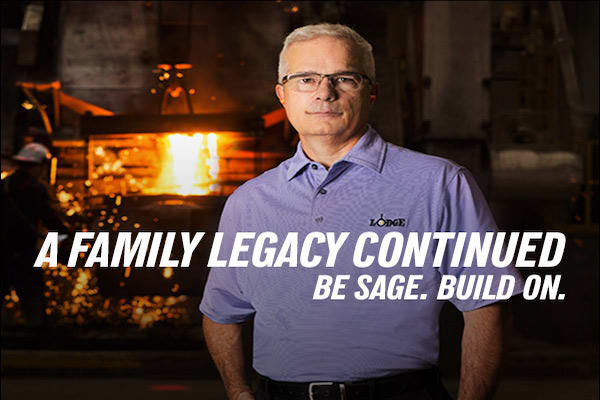
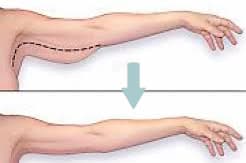

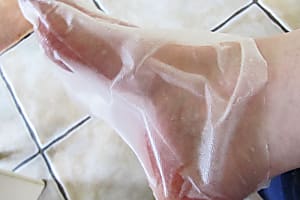
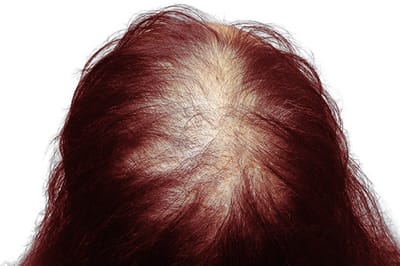






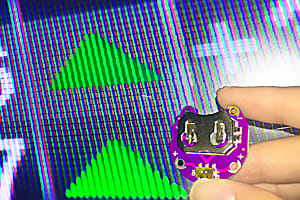

























All Comments ()+^ Back to Top
Refrain from posting comments that are obscene, defamatory or inflammatory, and do not indulge in personal attacks, name calling or inciting hatred against any community. Help us delete comments that do not follow these guidelines by marking them offensive. Let's work together to keep the conversation civil.
HIDE